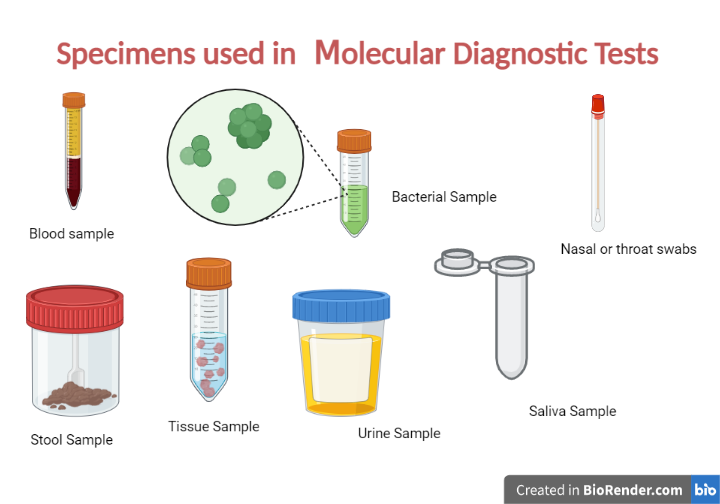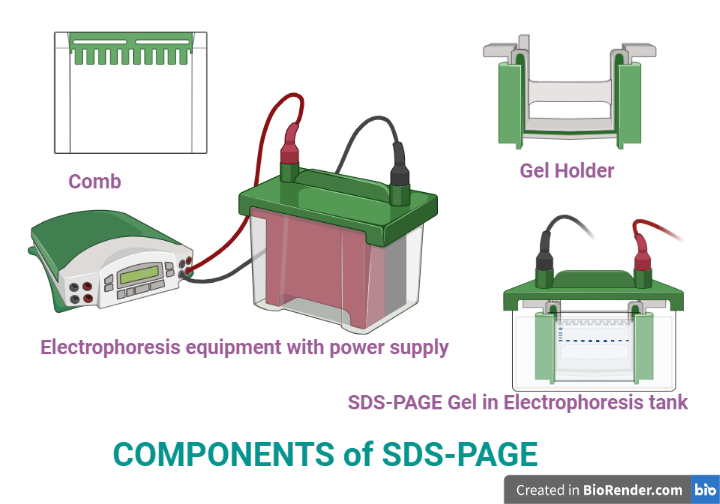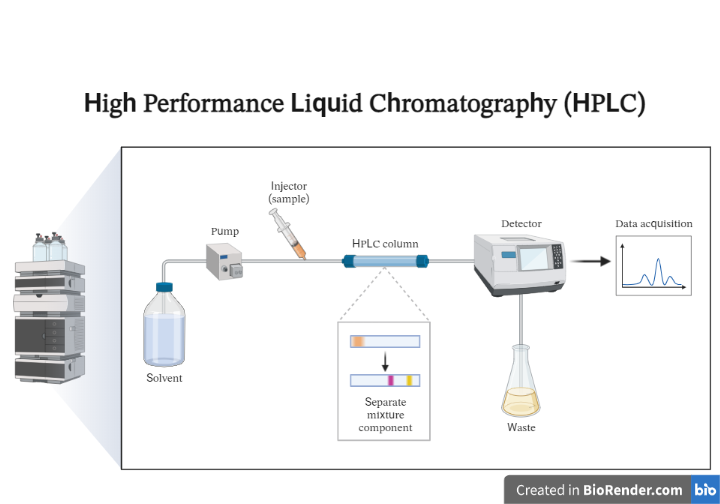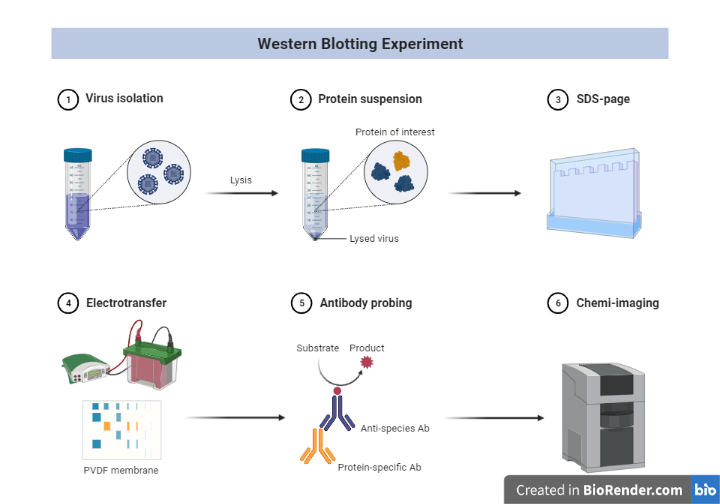Molecular Diagnostics Tests- Definition, Principle, Types, Instruments
Molecular diagnostics tests play a crucial role in modern medicine, utilizing advanced techniques such as PCR, NGS, and gene expression analysis to analyze DNA and RNA for genetic disorders, infectious diseases, oncology, and pharmacogenetics.
Molecular Diagnostics Tests- Definition, Principle, Types, Instruments Read More »










